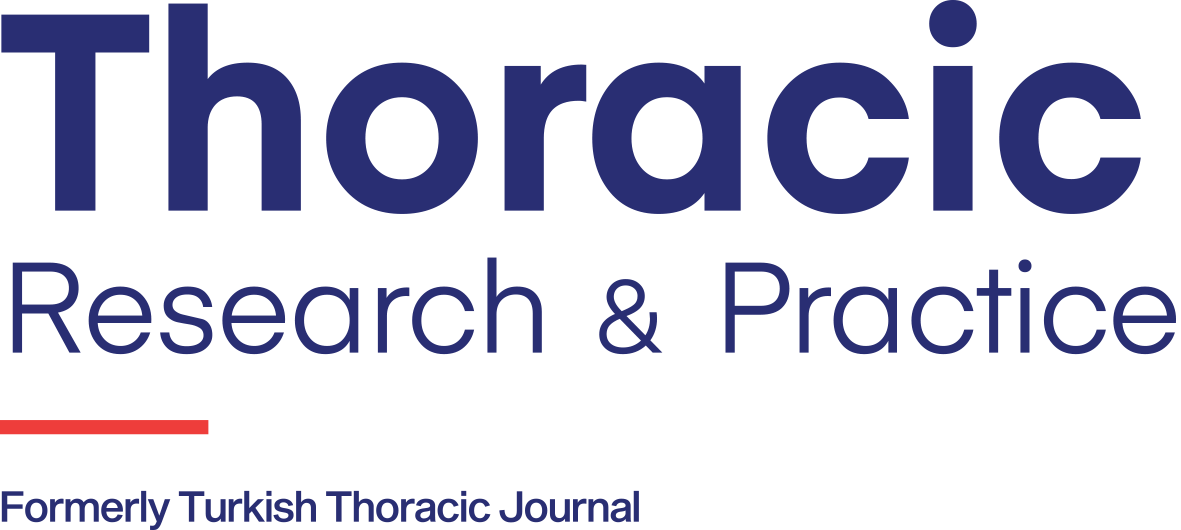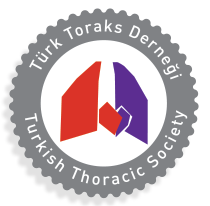Abstract
Abstract
OBJECTIVES:
We aimed to investigate the impact of arterial blood gas (ABG) on morbidity and mortality in chronic obstructive pulmonary disease (COPD) patients undergoing CABG surgery.
MATERIAL AND METHODS:
The records for 75 COPD patients who underwent elective CABG surgery our institution clinic between November 2008 to 2011 and had a forced expiratory volume in 1 second (FEV1) /forced vital capacity (FVC) ≤ 70% value in the pulmonary function tests (PFT) performed prior to the surgery were evaluated retrospectively. COPD patients were divided into two groups; Group 1; FEV1 ≥ 60% and Group 2; FEV1 ≤ 59%. Groups were compared for mortality and adverse events after identification of other preoperative and postoperative factors that could affect mortality and adverse events. An ABG was obtained immediately before and 3 to 6 hours after surgery to study the predictive value of ABG in seperate COPD groups.
RESULTS:
There were no significant differences in patients with high partial pressure carbondioxide (PaCO2) preoperative values compared to patients with normal values. Also there were no significant differences in patients with lower partial pressure of oxygen (PaO2) preoperative values compared to patients with normal values in terms of mortality. Postoperative myocardial infarction (MI) was significantly higher in patients with low PaO2 values (p< 0.05).
CONCLUSION:
In conclusion, in our study, there could not be found a relation between the degree of preoperative obstruction and mortality for COPD patients who underwent CABG surgery. ABG was not found useful for predicting mortality in COPD patients undergoing CABG surgery, but could be useful to predict postoperative MI in patients with COPD.



